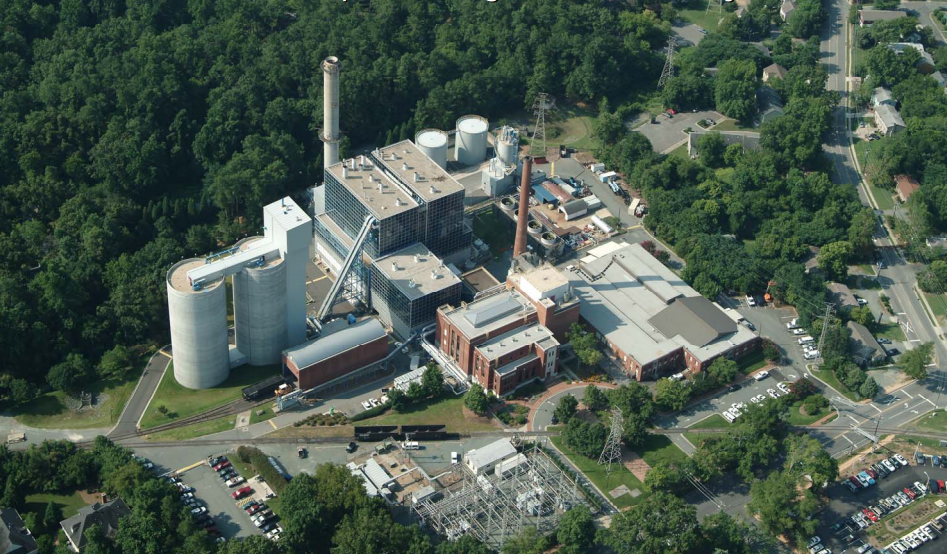Food allergies have been on the rise in the United States for the past 50 years, and it’s estimated that some 15 million Americans have some kind of food allergy.
Now, a new drug trial produced with the help of UNC researchers has the potential to help the approximately 1 percent of Americans who have a peanut allergy.
The results of the Phase 3 trial were announced last month, and showed that around 70 percent of patients in the trial demonstrated an increased level of tolerance to around the equivalent of 1 peanut pod.
And that’s a big deal for those who might have a severe peanut allergy, Dr. Edwin Kim said. Kim is one of the authors of the study, and is an assistant professor of Medicine at UNC and director of the UNC Food Allergy Initiative. He’s also the father of a son with a peanut allergy, which means he approaches his work with food allergy immunotherapy as both a doctor and parent.
For many people, he said, simply building a tolerance beyond a tiny fraction of a full peanut can make a big difference.
“It doesn’t take much at all,” Kim said. “It is small amounts. On average, about 100 milligrams is all it takes for someone to actually have a reaction. So, for people to eat 600 or maybe more milligrams of that really provides them this level of protection or kind of a buffer.”
The next step is for the FDA to decide if the treatment is ready for wider availability to the public. The drug itself comes in capsule form to help with dosage. The contents are then mixed into food for the patient to eat in order to build up tolerance.
Kim stressed this is not a cure for peanut allergy, nor is it for everyone. He said 20 percent of people in the study dropped out because of their reaction to the peanut protein. The daily dosage must be taken over many months, or even years, in order to make an impact on a patient’s tolerance.
Related Stories
‹
![]()
UNC Researchers Attempt to Tackle Peanut AllergyPeanut and tree nut allergies affect approximately three million people in the United States, but UNC School of Medicine researchers might have discovered a way to cure those allergies. A new study found that nearly 80 percent of peanut-allergic preschool children were successfully treated with peanut oral immunotherapy or OIT. This study is the first […]

Chapel Hill Alerts Residents To Upcoming S. Columbia Road ClosureThe Town of Chapel Hill announced that a section of S. Columbia St. will be closed as UNC conducts maintenance on its steam tunnel system.

Multiple UNC Football Players Facing Reckless Driving ChargesSeveral UNC football players are facing charges of reckless driving, speeding and other violations. An investigation by WRAL, originally published Monday afternoon, reported that “nearly 20 percent” of UNC’s 101-man roster has been cited for speeding since October of 2024. The investigation named three specific players: linebacker Khmori House, safety Gavin Gibson and cornerback Thaddeus […]

Parking, Parties and Team History: What to Know Ahead of Mexico vs. Türkiye Soccer in Chapel HillThe men's national soccer teams of Mexico and Türkiye will meet in Chapel Hill Tuesday for a friendly. Here's what to know before you go.

Police: UNC Student Victim of Carjacking in W. Franklin Street Parking DeckChapel Hill Police are investigating the carjacking of a UNC student that took place early Saturday morning. No injuries are reported.

Honoring Chapel Hill's Black Builders: UNC Landmarks and the Local Faces Who Built ThemMaps are storytellers, but they can exclude certain narratives. Fowota Mortoo said that’s the case for Chapel Hill’s Black builders.

No More Coal? Chapel Hill Prepares for Hearing on UNC's Co-Gen Plant and Potential New Fuel SourceChapel Hill Town Hall will host a hearing on Thursday to take comments on a potential alternative fuel source for UNC's cogeneration plant.

Photo Gallery: Chapel Hill Sees First Snow in YearsFor a few hours over the weekend, the greater Chapel Hill community was in a winter wonderland. A winter storm blanketed Orange County and the surrounding area with a thin layer of snow on Friday. Overnight on Saturday, it was later packed down or rinse away by freezing rain, which its own layer of ice […]

UNC: Ridge Road Open to One Lane After Month-Long Closure, Still 2 Weeks From Normal TrafficRidge Road on UNC campus is allowing vehicles and pedestrians through once again. But normal traffic patterns are likely still weeks away.

Chapel Hill Police Investigate Pair of Overnight Armed Robberies Reported 8 Minutes ApartA pair of armed robberies reportedly took place less than ten minutes from each other during the early morning hours of Saturday, according to Chapel Hill Police.
›










